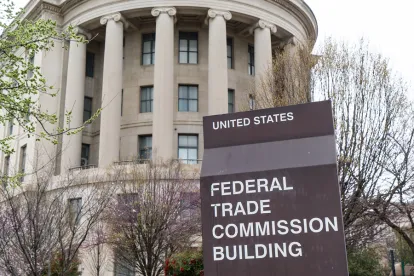While the Federal Trade Commission (FTC)’s recent action against Williams-Sonoma for allegedly false “Made in USA” claims garnered headlines for its $1 million penalty, FTC staff continue to offer insights into the Commission’s enforcement position on such claims through its closing letter process. For example, the FTC sent a closing letter to epoxy manufacturer J-B Weld on March 19, 2020 following a referral from the National Advertising Review Board (NARB) after the company refused to accept all of NARB’s recommendations regarding its “Made in USA” claims. The FTC declined to take further action in light of the advertiser’s remedial steps, including updating packaging for several product lines, removing U.S.-origin “line” claims from its website and social media channels, and requiring third-party sellers to update their information about the origin of the company’s products.
J-B Weld’s U.S. origin claims were challenged by a competitor before the National Advertising Division (NAD). In particular, the objections centered on whether “Made in the USA” claims were proper for J-B Weld’s glues and adhesive products when tubes, caps, syringes, and applicators were foreign-made. Acknowledging that the FTC’s guidance did not expressly address the question of packaging, NAD agreed that the origin of point of sale, paper packaging and “bubble” material typically discarded by consumers was not relevant to the claim, but that the other packaging items were because they were central to how the product was dispensed. NARB agreed with NAD that information on the percentage of the total manufacturing cost represented by the foreign content was necessary to support a domestic origin claim. The advertiser refused to comply, noting that NARB declined to consider information from third-party suppliers not available during the NAD review, and that the cost data was highly confidential. NARB referred the matter to the FTC.
The FTC observed that the company made epoxy and silicone adhesive products in the United States, but also sells cyanoacrylate and other adhesive products that either incorporate significant imported content or are wholly imported. Notably, the FTC commented on the issue of packaging for the product, saying:
While the glue contained in that packaging was “all or virtually all” made in the United States, the packaging itself, which had no independent value to consumers and was typically discarded upon depletion, was not. In the absence of consumer perception evidence showing otherwise, FTC staff finds it is unlikely that reasonable consumers interpreted the unqualified U.S. origin claims on these adhesive products as covering the incidental, discarded packaging.
NAD and NARB rules have been applied strictly to prevent introduction of evidence on appeal, but the FTC will consider additional evidence in the case of a referral and did so in issuing the closing letter.




 />i
/>i

